The Turner Prize 2018 at Tate Britain: the most politically orientated Turner Prize to date
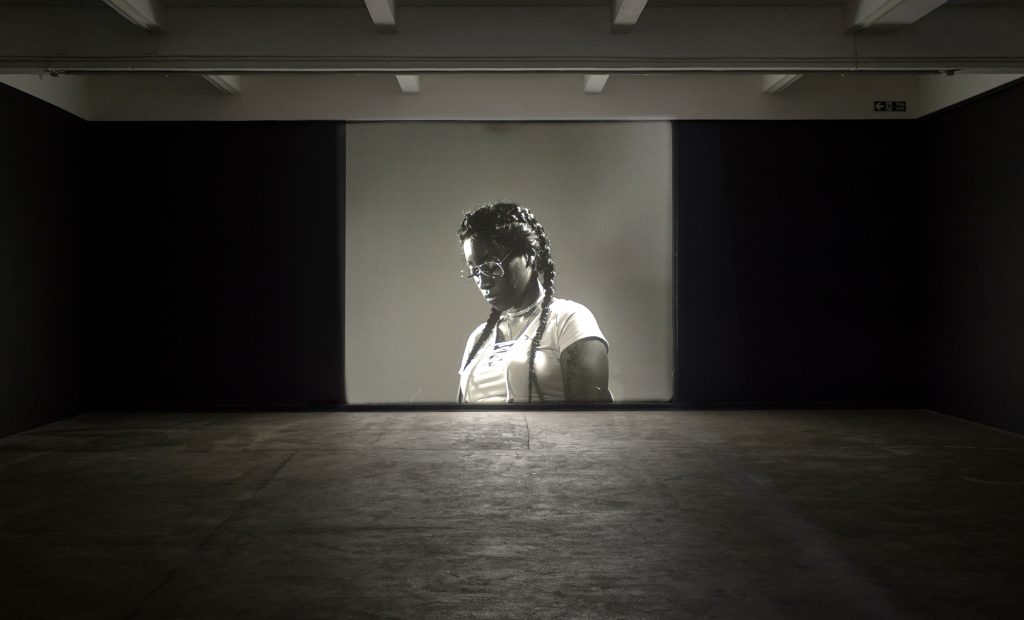
As notorious as it is famous, the Turner Prize has proclaimed to promote discussion of developments in contemporary British art ever since its inauguration in 1984. While one might question why depicting power and the visibility of suffering minorities is considered a “development” in the selection of this year’s shortlist, the nominees nevertheless do their best to explore these themes.
The 2018 exhibition is the most politically orientated Turner Prize to date. It portrays exclusively films from the four candidates, a choice that mars the selection – rather than being able to explore different media to view the subject from different angles, the viewer is forced to spend 4.5 hours in the four different rooms, provided one wants to see each film from start to finish. But clumsy decisions by the jury aside, the artworks are worth their while.
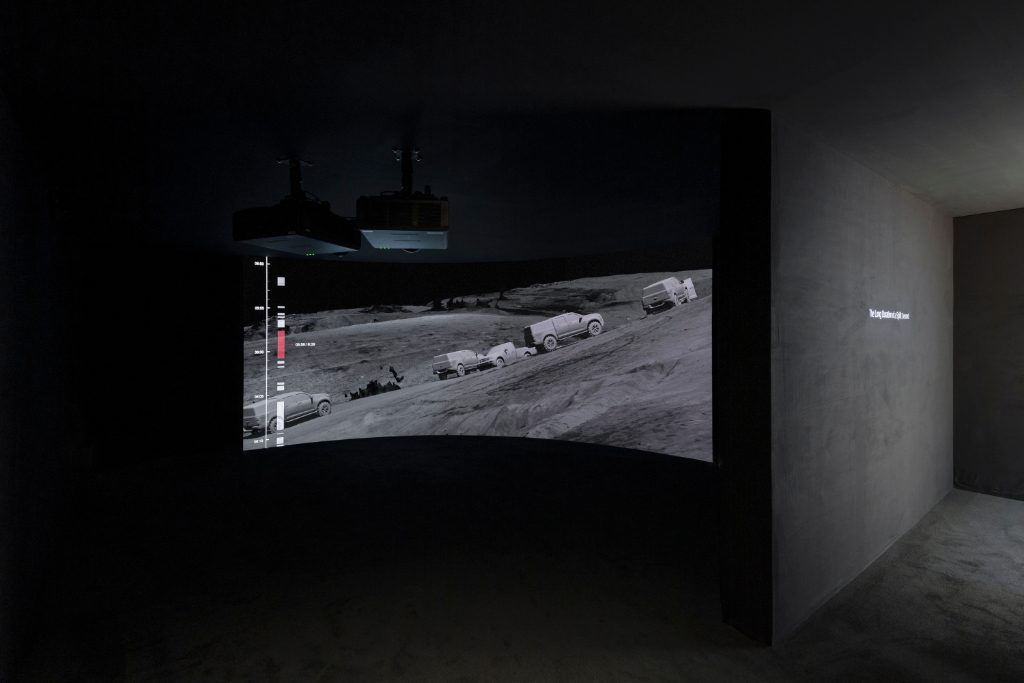
From The Long Duration of a Split Second by Forensic Architecture
The first room covers The Long Duration of a Split Second by the interdisciplinary team Forensic Architecture. The film effectively shows the events of 18th January 2017 on which two people were shot to death when the police attempted to clear an unrecognised Bedouin village in the Neqab/ Negev region in Southern Israel.
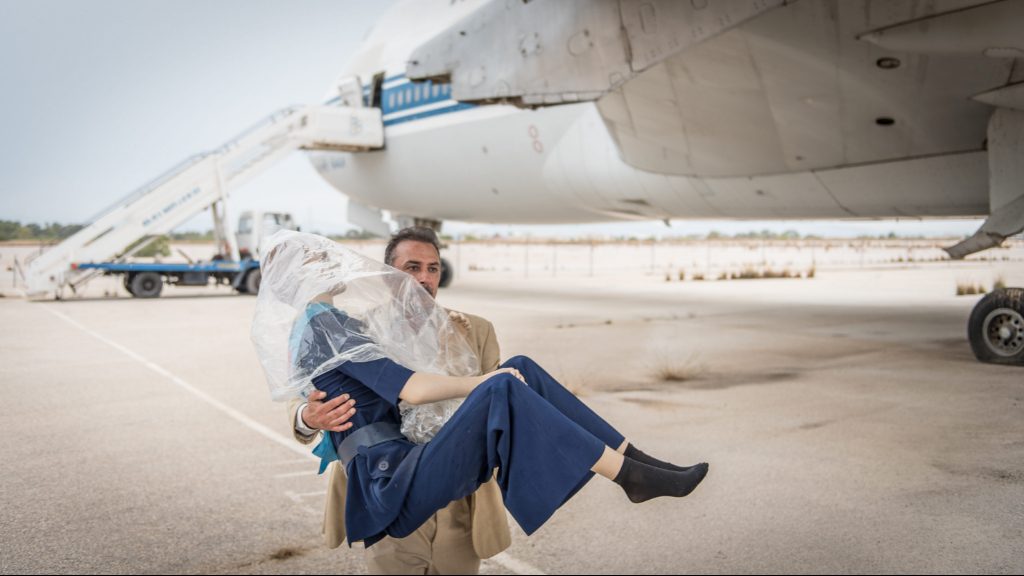
From Tripoli Cancelled by Naeem Mohaiemem
The following room is split into two separate screenings by Naeem Mohaiemen, Two Meetings and a Funeral and Tripoli Cancelled. The first is a documentary that explores the power struggle between the Non-Aligned movement and the Organisation of Islamic Cooperation in the 1970s, whereas the second is a fictional account of the daily routine of a man who is forced to spend a decade living alone in an abandoned airport. The latter succeeds due to its slice-of-life storytelling of a man in isolation and abandonment.
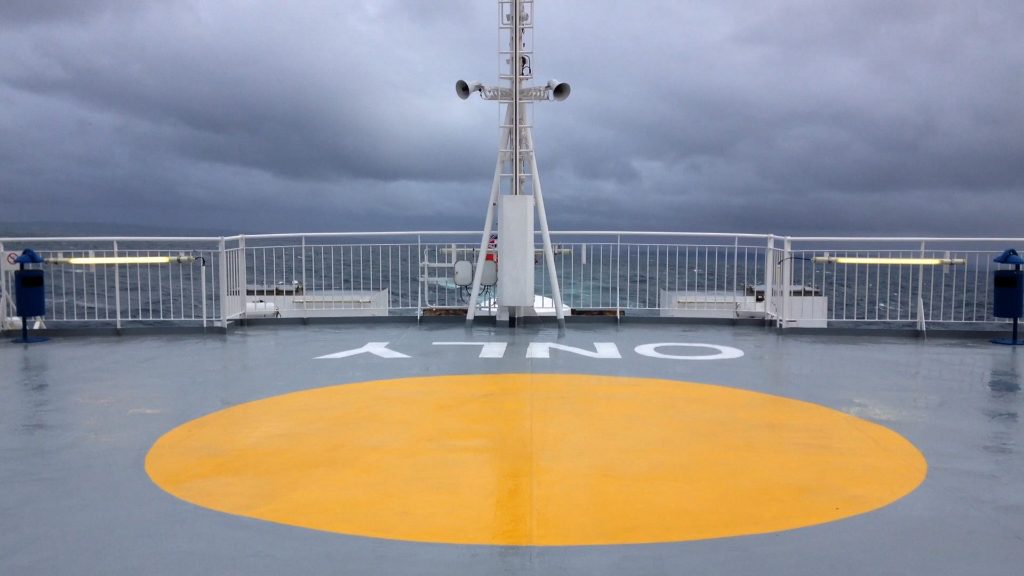
From BRIDGIT by Charlotte Prodger
In the penultimate room the viewer is greeted by queer artist Charlotte Prodger’s BRIDGIT, an autobiographical work filmed on an iPhone over the course of a year. Including shots from both her home and the Scottish countryside, the recording is overlaid by narrations read by her and her friends, making this the most personal – and engaging – exhibit.

From Human by Luke Willis Thompson
The final nominee is Luke Willis Thompson with three short films. He thematises predominantly traumatic histories related to class, racial and social inequality, highlighting the representation of suppressed minorities.
Questioning power and visibility, these exhibits portray suffering. With the narrow thematic guidance and choice of medium, the Turner Prize 2018 might have been worse than it is, but the artists turn it into an exhibition worth a visit.
Michael Higgs
Featured image: Autoportrait (2017) by Luke Willis Thompson
photo by Andy-Keate
The Turner Prize 2018 is at Tate Britain from 26th September until 6th January 2019. For further information visit the exhibition’s website here.


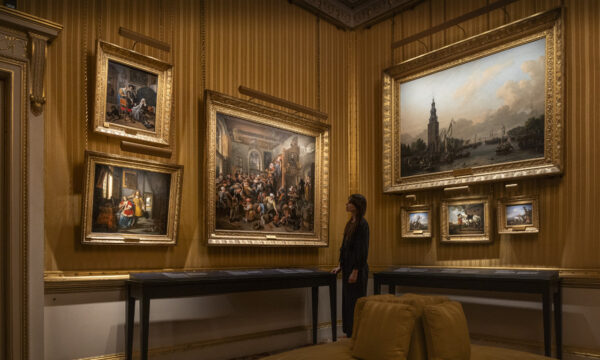
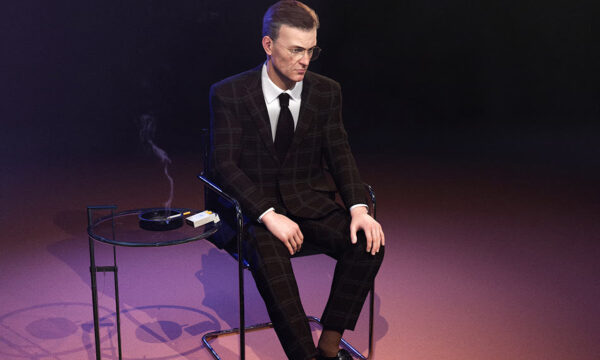
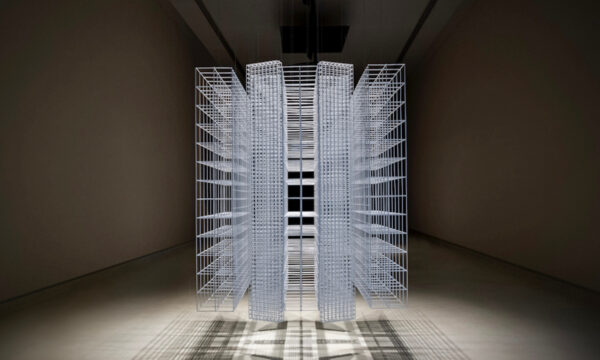
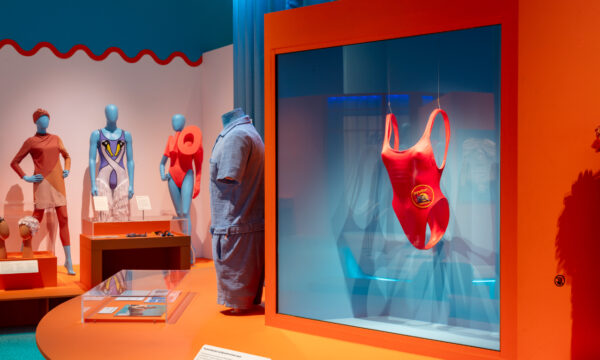
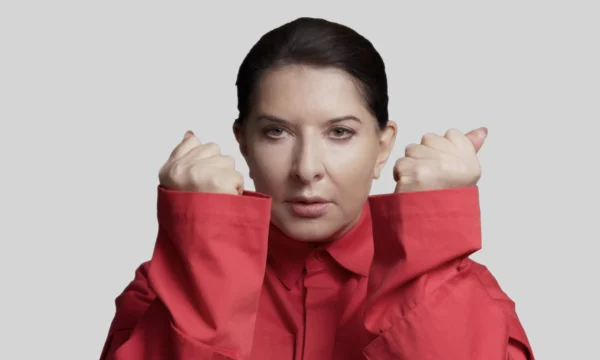
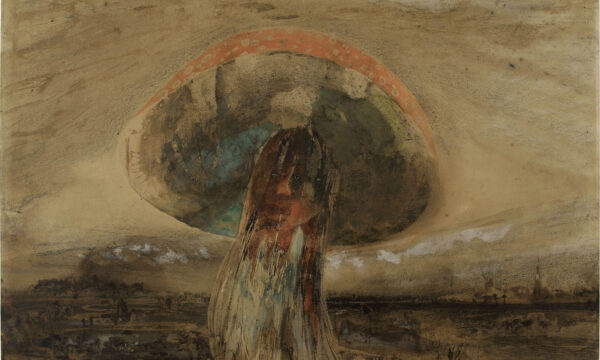

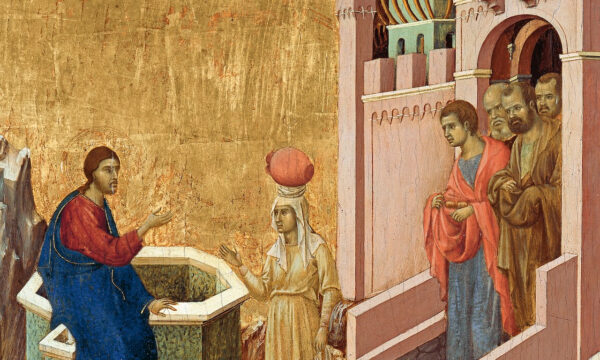
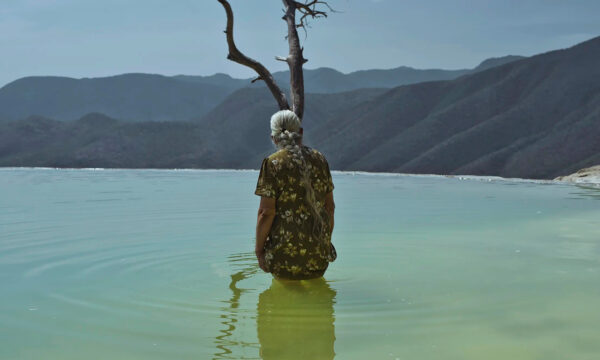















Facebook
Twitter
Instagram
YouTube
RSS